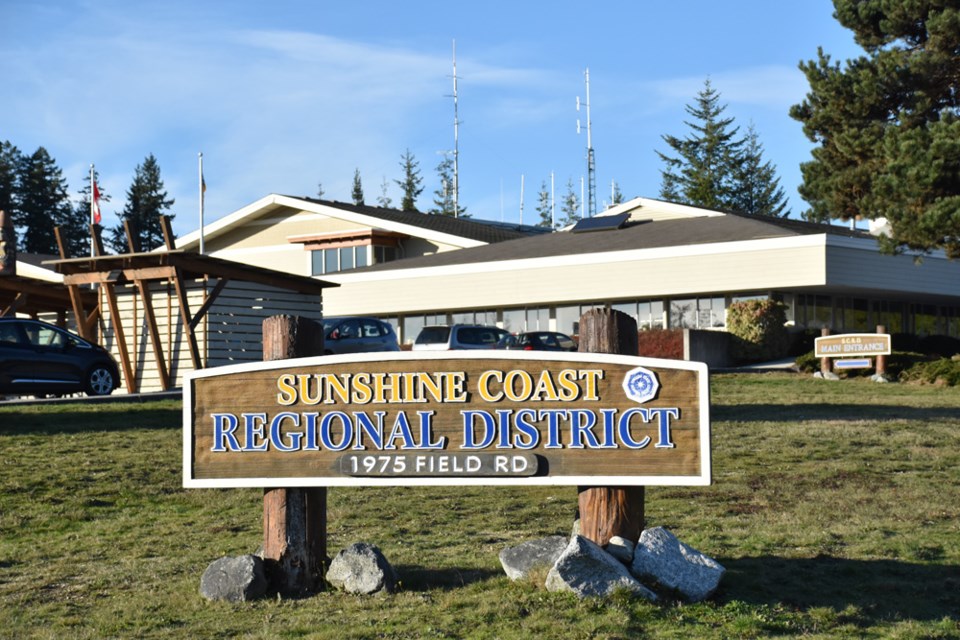Sunshine Coast Regional District (SCRD) directors may soon consider pausing SCRD staff efforts on the shíshálh Nation's Lower Crown water reservoir proposal.
Gibsons’ area director Silas White originally wanted that direction to go forward from the May 23 committee of the whole meeting. His call to have regional work refocused on efforts to address this year’s water supply rather than the reservoir proposal, which has a best-case scenario operational date of mid-2025, was tempered by a board motion to first host intergovernmental meetings.
That direction came after an in-camera committee discussion requested by shíshálh Nation director Philip Paul who noted he had “things to share with directors that could help with the discussion."
The board will make the call after an inter-governmental water summit, which is to be held within the next month.
In response to a report presented at the committee meeting, White expressed concerns with the amount of regional staff time consumed by the reservoir matter. He wanted to see more efforts on a new seasonal environmental flow regime for Chapman Creek, furthering enhanced Chapman Lake siphon use, the 2024 West Sechelt groundwater exploration program, a strategy to significantly reduce SCRD clients' high water use and active implementation of the Aquifer 560 agreement to optimize water connections between the SCRD and Town of Gibsons.
White also called for the intergovernmental meetings – water summits – to happen at least every two months with focuses on "critical issues and concerns" and moving toward establishing a regional watershed board with Indigenous co-governance.
The SCRD has hosted water summits involving all Coast local government elected officials since late 2022, all of which have been closed to the public and the media.
Further work is required to “hone in” on annual operating costs to add the proposed reservoir to the SCRD’s Chapman system, said a staff report for the meeting. Those could exceed $1 million.
Regional involvement in the project would also require elector approval, mentioned the report.
Reservoir 'not a quick win': White
White said he “found the project highly appealing when first pitched” but that was when the timeline had the reservoir ready by late summer 2024.
“This report tells us this is not a quick win,” White stated, noting one of his “biggest concerns” was the estimated operational costs. White said what made the proposal “a total non-starter” was the provincial requirement for an Alternative Approval Process (AAP). He said he believed passage of an AAP on the project was “far from certain” and could be divisive “at a time when we need to be uniting our community around water."
“I lived through the AAP on water meters and I don’t think an AAP will pass," White said. "I value the Nation’s leadership and the work done by our staff, and I don’t want to see it wasted." When it comes to regional water supply, White stated, “We need to prioritize things that can be quick wins. We need to continue to consider the reservoir and find ways to make it viable."



